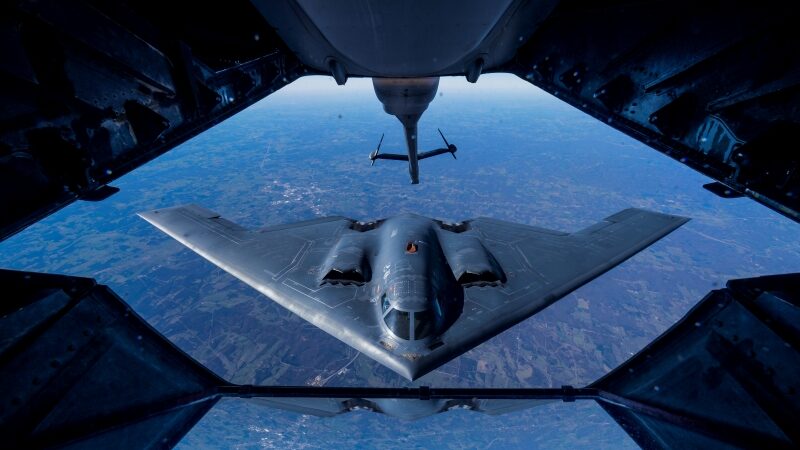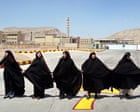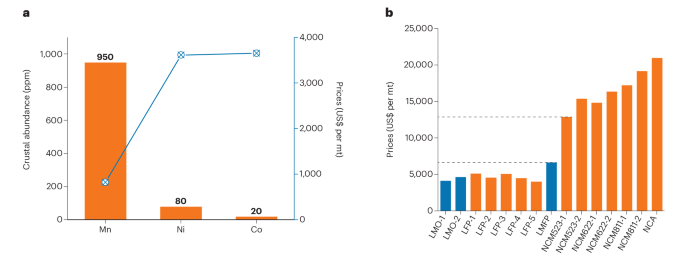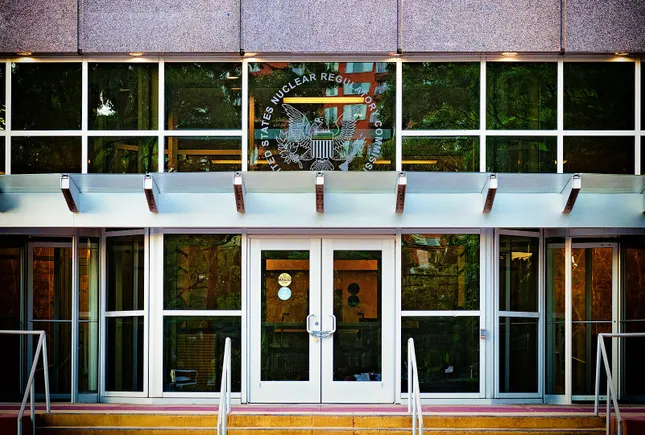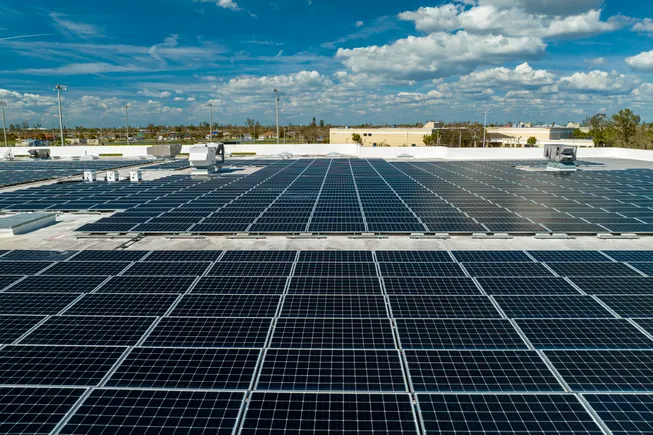US support for international engagement sees jump in Reagan Foundation poll
The 2025 Reagan Institute Summer Survey showed general support for NATO, surprising numbers when it comes to Ukraine and some unease about acquiring Greenland.


Pete Hegseth, US secretary of defense, left, and Mark Rutte, secretary general of the North Atlantic Treaty Organization (NATO), at a NATO defense ministers meeting at NATO headquarters in Brussels, Belgium, on Thursday, June 5, 2025. (Simon Wohlfahrt/Bloomberg via Getty Images)
WASHINGTON — As President Donald Trump campaigned on an America First platform that critics viewed as too isolationist, a new poll suggests Americans of all political stripes, including MAGA adherents, seek more US leadership on the international stage, not less.
“The preference for American global leadership over a more isolationist approach is on the rise, up from 40 [percent] in 2022 to 64 [percent]” this year, the 2025 Reagan Institute Summer Survey showed, according to the institute. “Americans are not retreating from the world; they are rallying around a foreign policy grounded in peace through strength.”
The survey, which queried more than 1,200 people, showed that the upward swing in support for more US international engagement was mainly due to a shift among Republicans, which the Reagan Institute said was “up from 59 [percent] of Republicans and 61 [percent] of MAGA Republicans who supported greater engagement in November 2024.” Still, 57 percent of respondents said the US is “better served by withdrawing from international events and focusing on problems at home.”
RELATED: Sweden delays 3.5% GDP defense spending target, predicts 2032 deadline out of NATO summit
Among specific geopolitical issues rated by the poll — which was conducted before the US launched strikes against Iranian nuclear sites over the weekend — it found an overwhelming bipartisan majority agreed that preventing Iran from getting a nuclear weapon was in the interests of US security and prosperity, but only about a quarter of respondents said the US should do more to support Israel. Some 67 percent of Republicans backed the US sending weapons to Israel, while only 37 percent of Democrats did so.
Ahead of the NATO summit later this week, the poll also found that despite the Trump administration’s at-time dim view of the alliance, respondents support generally held at 62 percent, and support was “even higher” — at 71 percent — for the US keeping its Article V mutual defense pledge that states that an attack on one member is viewed as an attack against all members.
The numbers are a bit dimmer for support for Ukraine. The poll found that 58 percent of Americans want Ukraine to win the war, including 80 percent of Democrats, but that figure slipped to 47 percent of Republican respondents. Twelve percent of Republicans polled backed Russia explicitly, up from 8 percent last year, but more than a quarter said they hoped “neither country wins.” (A summary of last year’s poll didn’t say the percentage who believed neither country should win, but at the time 75 percent of those polled said Ukraine should win.)
When it comes to potential US territorial expansion, there was a partisan divide: 81 percent of Republicans supported the “acquisition” of the Panama Canal, compared to 35 percent of Democrats, and numbers were a bit lower for each group when it came to taking control of Greenland.























































































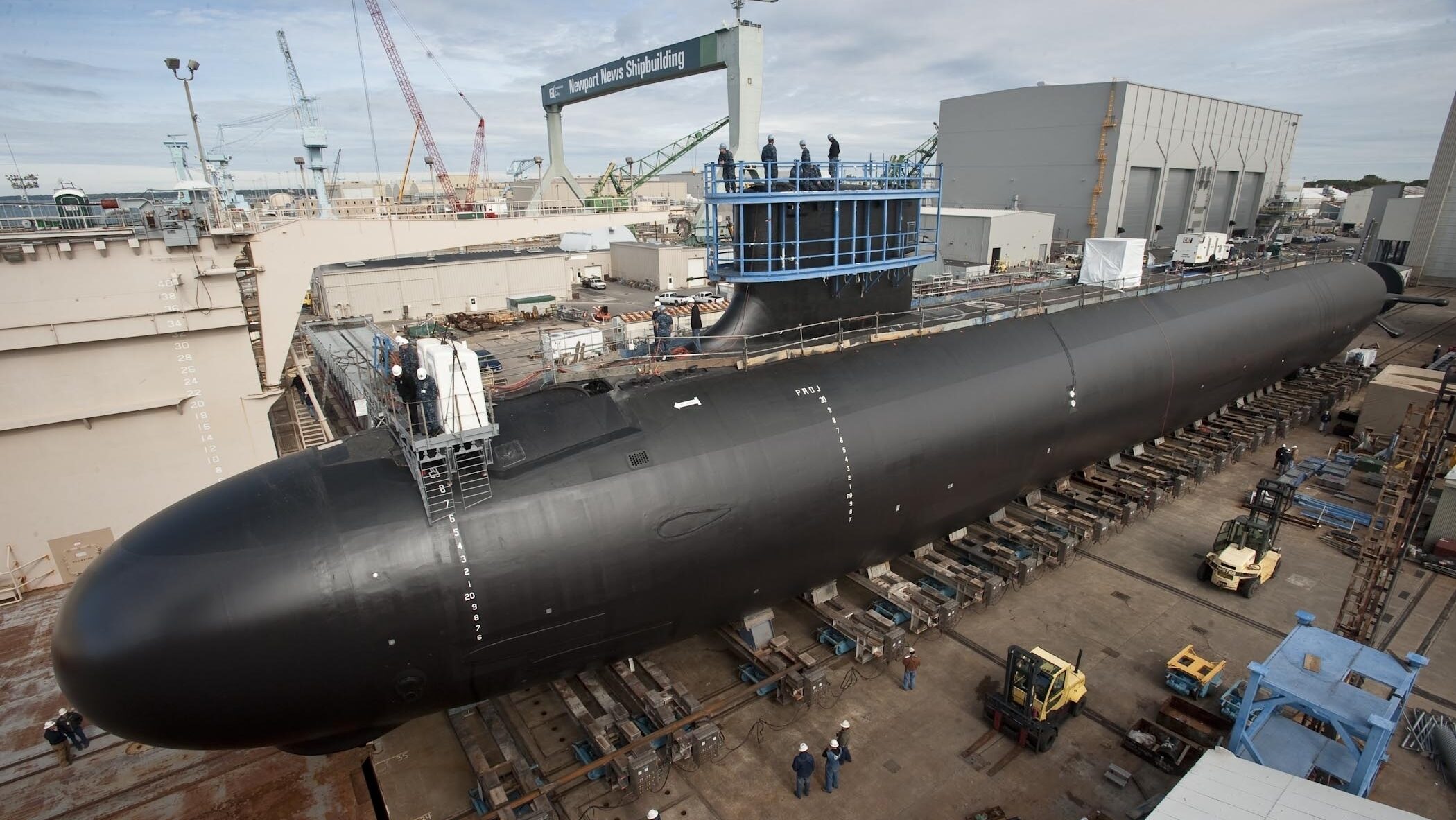
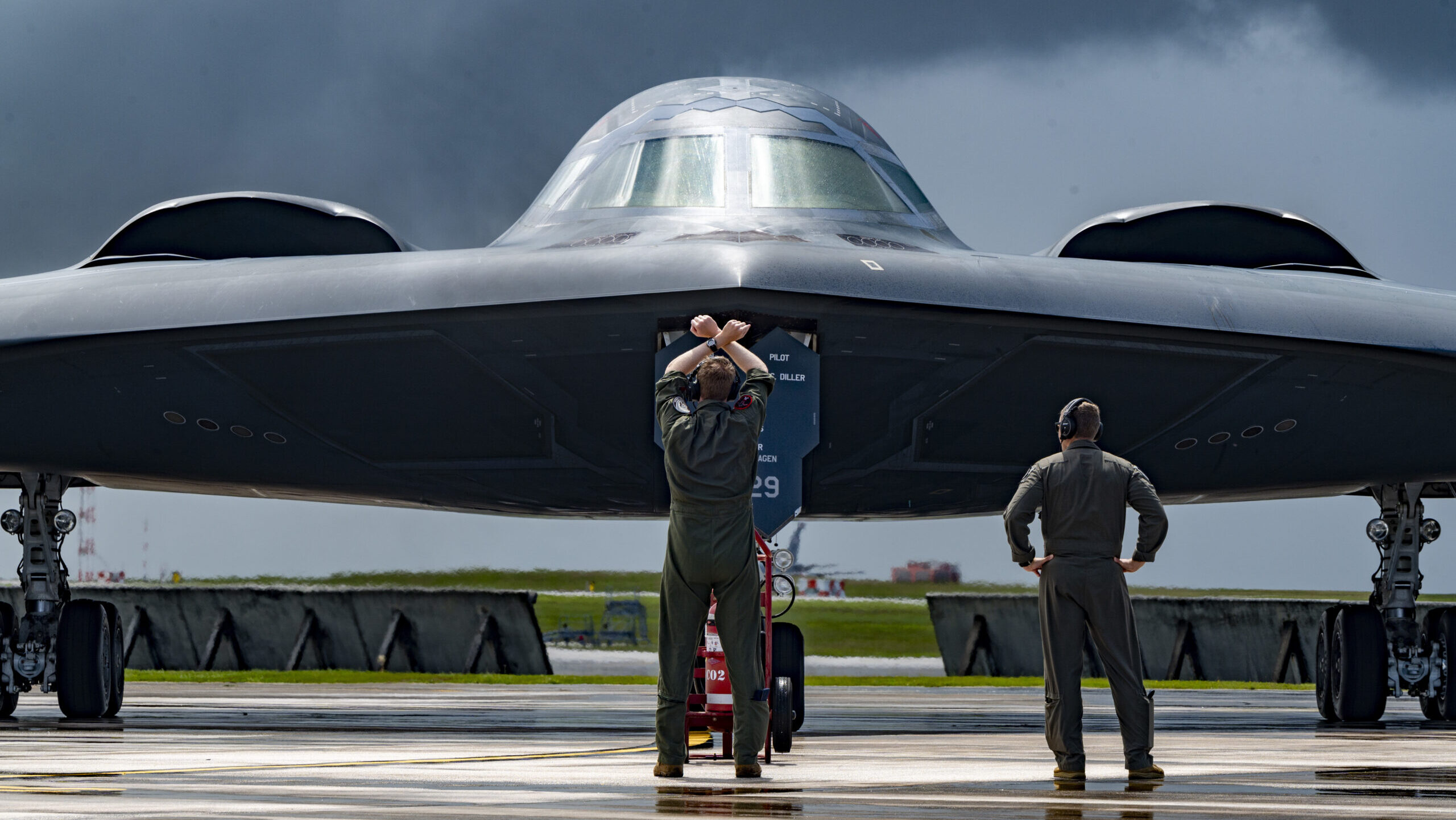













![[Updated] B-2 Spirit Bombers Struck Iranian Nuclear Sites](https://theaviationist.com/wp-content/uploads/2025/06/B2sGuam_2.jpg)






